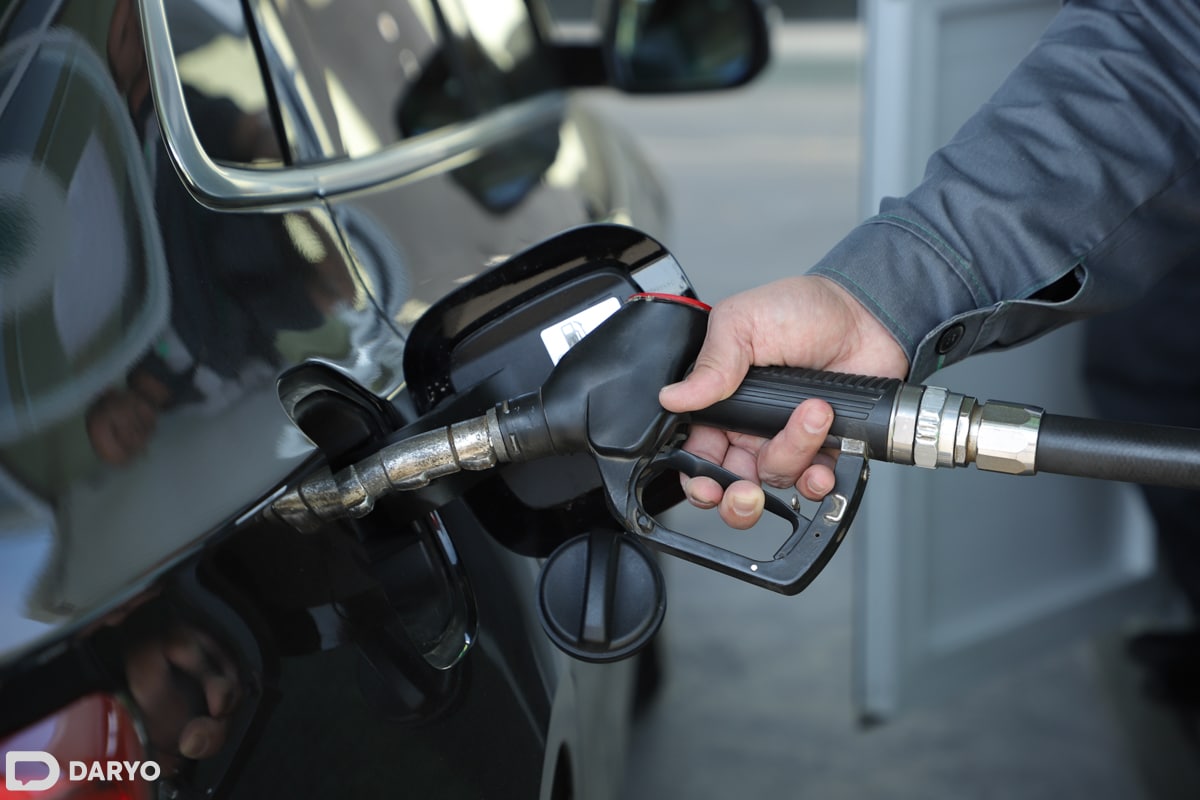Uzbekneftegaz (UNG), the state-owned oil and gas company, has announced an increase in excise tax rates on several petroleum products effective April 1. Citing Article 2893 of the Tax Code, Uzbekneftegaz revealed that the excise tax rates on AI-80 gasoline, diesel fuel, and liquefied gas will be raised, with an average increase of 12%. This adjustment will not affect gasoline with an octane rating of 91 and higher.

Revised Excise Tax Rates
The new excise tax rates for the production of petroleum products per 1 ton are as follows:
- AI-80 gasoline: UZS 340,000 ($27.04), previously UZS 303,000 ($24.10)
- Jet fuel: UZS 271,000 ($21.55), previously UZS 242,000 ($19.25)
- Diesel fuel: UZS 326,000 ($25.93), previously UZS 291,000 ($23.14)
- ECO diesel fuel: UZS 293,000 ($23.30), previously UZS 262,000 ($20.84)
Excise tax on the sale of fuel to the final consumer per 1 ton will be as follows:
- AI-80 gasoline: UZS 633,000 ($50.34), previously UZS 565,000 ($44.94)
- Diesel fuel: UZS 578,000, ($45.97), previously UZS 516,000 ($41.04)
- Liquefied gas: UZS 904,000 ($71.90), previously UZS 807,500 ($64.22)
Impact on Fuel Prices
The expiration of the zero excise tax on AI-80 gasoline, which was in effect for the past year, has resulted in a price adjustment. Consequently, the price of fuel at UNG Petro gas stations has returned to the level of December 2022, reaching UZS 6,800 ($0.54) per liter. However, private gas stations had already raised prices for AI-80 gasoline prior to this change, with many revising their price tags as early as December last year.
At the end of February, consumers faced another unexpected increase in AI-80 gasoline prices at UNG Petro gas stations, reaching UZS 7,000 ($0.56) per liter. Despite the hike, Uzbekneftegaz has not provided any official statement regarding the rise in fuel costs.
The Petroleum Technology Group, with an authorized capital of UZS 101 mn ($8,032.92) and owned by Daniyar Kamilov, the son of the former Foreign Minister, has become the new founder of the UNG Petro gas station network operator. This development introduces a new player into the fuel market, raising questions about potential shifts in pricing strategies and market dynamics.
Comments (0)